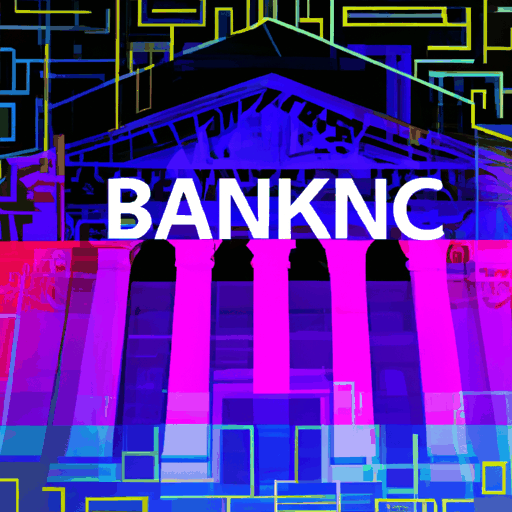
FDIC to Revise Crypto Banking Guidelines Amid Transparency Push
By: Isha Das
The Federal Deposit Insurance Corporation (FDIC) is set to adjust its guidelines for banks that engage in cryptocurrency-related activities, aiming for greater flexibility within the burgeoning digital asset landscape. According to recent reports, the FDIC's revised proposal will allow banks to participate in specific crypto transactions without needing prior regulatory approval. This move comes as some banks lobby government officials to provide crypto custody services and explore tokenized deposits, positioning them as potential alternatives to stablecoins. This could foster significant integration of blockchain technology within traditional financial systems.
In an effort to enhance transparency, the FDIC has released 175 documents related to its oversight of banks seeking to provide crypto services. These records highlight the agency's evolving stance toward the digital asset market. Most notably, the documents pertain to 'pause letters' sent to 24 financial institutions in 2022, instructing them to halt or avoid offering services tied to cryptocurrencies. Acting FDIC Chairman Travis Hill stated that the decision to release these documents was made to boost transparency beyond what is mandated by the Freedom of Information Act (FOIA). The release was motivated by a FOIA request initiated by Coinbase last year, seeking clarity on a speculated 15% deposit cap imposed on crypto-affiliated banks.
Despite the unearthing of these documents, many within the cryptocurrency community, including Coinbase's chief legal officer, Paul Grewal, argue that the FDIC tacitly discourages banks from engaging with crypto industries. Internal communications hinted at an implicit bureaucratic blockade, with documents citing factors such as Bitcoin volatility, reputational risks, and consumer protection concerns as justifications for the agency's cautious approach. Critics, including Custodia Bank's CEO Caitlin Long, have voiced concerns that the notion of staying away from 'crypto deposits' indicates a wider resistance against integrating digital currencies into mainstream banking.
The released evidence points to a larger tension between regulatory bodies and emerging digital asset platforms, suggesting that traditional financial infrastructures are yet to fully embrace the crypto paradigm shift. As these developments unfold, stakeholders within the crypto industry remain watchful for how these regulatory reforms will ultimately shape the future intersection of blockchain technology and banking services. The FDIC's ongoing dialogue and openness about policy changes will be critical in understanding the trajectory of crypto-related financial services in the traditional banking sector.



